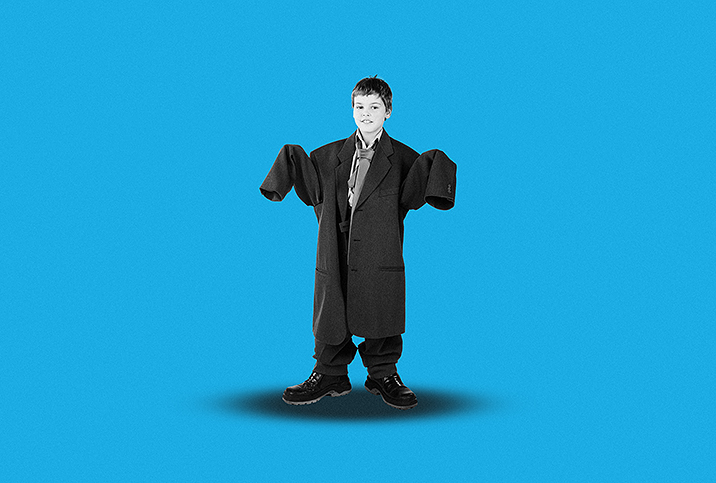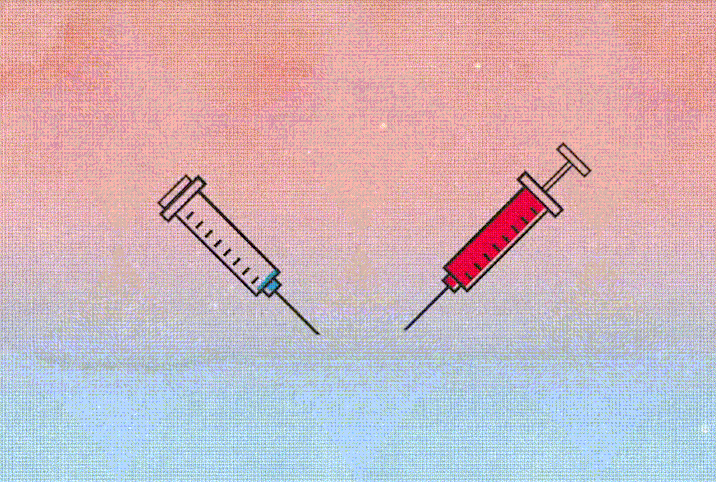Another Male Infertility Risk: Kallmann Syndrome

It is a hormonal disorder characterized by delayed onset or absence of puberty. It is marked by an impaired or absent sense of smell. It is a hereditary condition passed from parents to their children. Mothers can pass it to their sons and daughters, but fathers usually can pass it only to their daughters.
We are describing Kallmann syndrome.
It is caused by the underdevelopment of nerves in the brain that signal the hypothalamus, which plays a key role in hormone production. The failure in the production of gonadotropin-releasing hormones by the hypothalamus can cause low testosterone (hypogonadism) in males and low progesterone and estrogen in females.
Diagnosis of Kallmann syndrome—which is more common in males than females, affecting approximately 1 in 30,000 males and 1 in 120,000 females—typically occurs during adolescence when puberty fails to begin. Without proper treatment, most affected men and women are infertile, meaning they are unable to have children.
What are the signs and symptoms?
Some males with Kallmann syndrome exhibit symptoms before puberty, including having a micropenis well below normal size and cryptorchidism (testes that have not descended). The signs become more apparent around the age of puberty, when secondary sex characteristics such as lowering of the voice, enlargement of the penis and growth of facial and pubic hair do not occur.
Issues with smell, either a total lack of smell (anosmia) or a significantly reduced sense of smell (hyposmia), are defining characteristics of Kallmann syndrome in both males and females.
Other symptoms, which can vary among individuals, may include:
- Reduced sex drive
- Erectile dysfunction (ED)
- Failure of a kidney to develop
- Cleft lip or palate
- Hearing loss
- Color blindness
- Short fingers or toes
- Abnormal eye movements
- Abnormal development of the teeth
- Mirror hand movements, in which the movements of one hand are mirrored by the movements of the other
Treatment of Kallmann syndrome
In both men and women, Kallmann syndrome is treated with hormone replacement therapy. This ensures proper levels of testosterone in men and estrogen/progesterone in women. This treatment induces puberty and maintains normal hormone levels. Later in the patient's life, the treatment may be altered to induce fertility.
In males, treatment of Kallmann syndrome usually involves testosterone therapy. There are various formulations, including injections, topical patches, gels and liquids. Testosterone therapy typically continues even after puberty has been initiated to maintain secondary sex characteristics and normal levels of the hormone in the body. If the patient chooses to start a family, further treatment with gonadotropins—hormones secreted by the pituitary gland that stimulate the activity of the gonads—may be required to initiate sperm production.
The time it takes to reach the level of sperm production needed for conception varies. If the testes are especially small before treatment and the man has a history of undescended testes, it could take longer to achieve sperm production. Assisted reproductive technology, including intracytoplasmic sperm injection (ICSI) and testicular sperm extraction (TESE), may be necessary.
The absence of hormones that leads to delayed puberty can also cause a weakening of the bones. Prescription drugs might also be needed to restore bone health. Unfortunately, no treatment improves the sense of smell in patients with Kallmann syndrome.
While living with Kallmann syndrome is a difficult challenge both physically and psychologically for men and women, hormone treatment and fertility technology can help individuals manage or overcome the symptoms of the disorder. Consult your doctor or a fertility specialist to see if there is a course of action that is best suited for your needs.


















